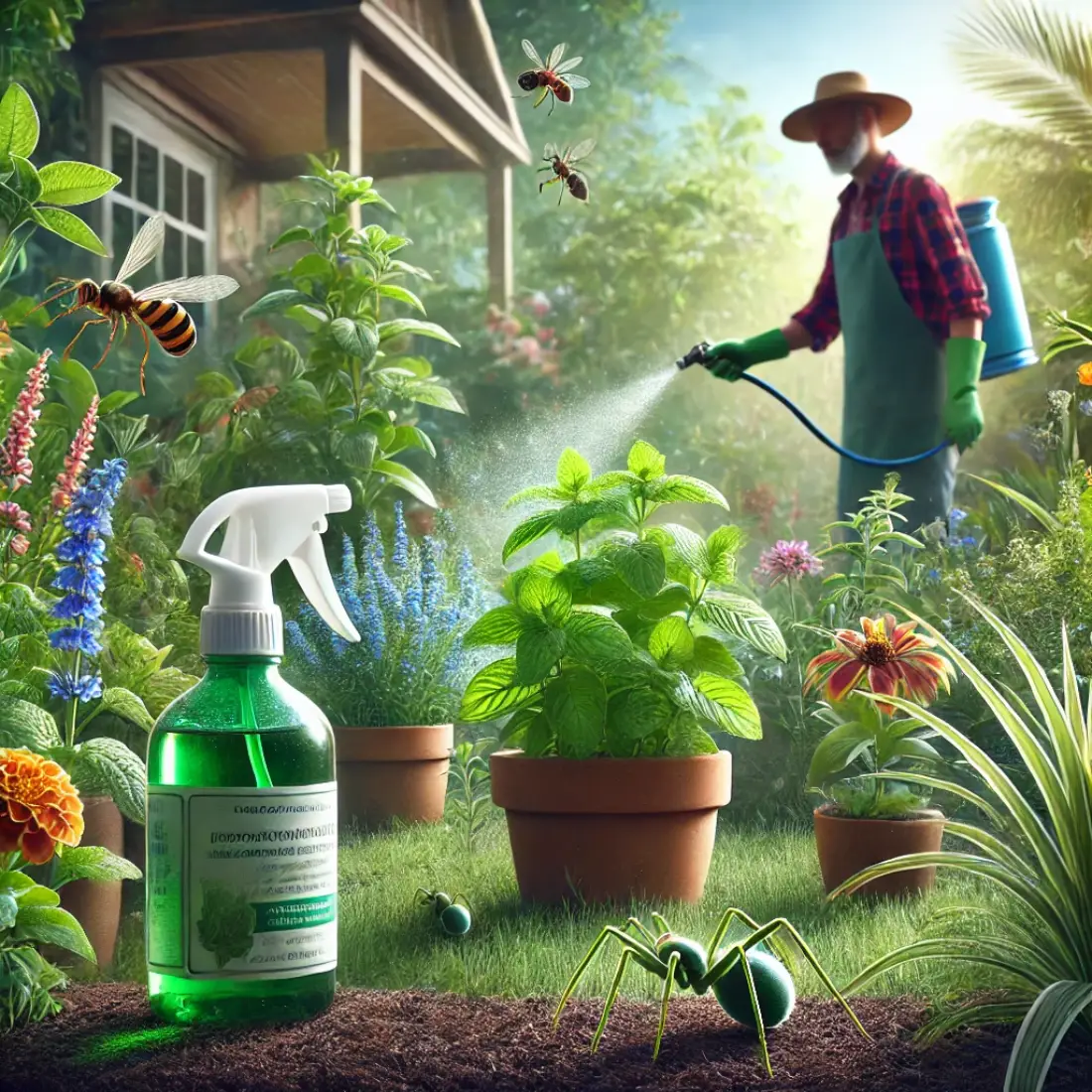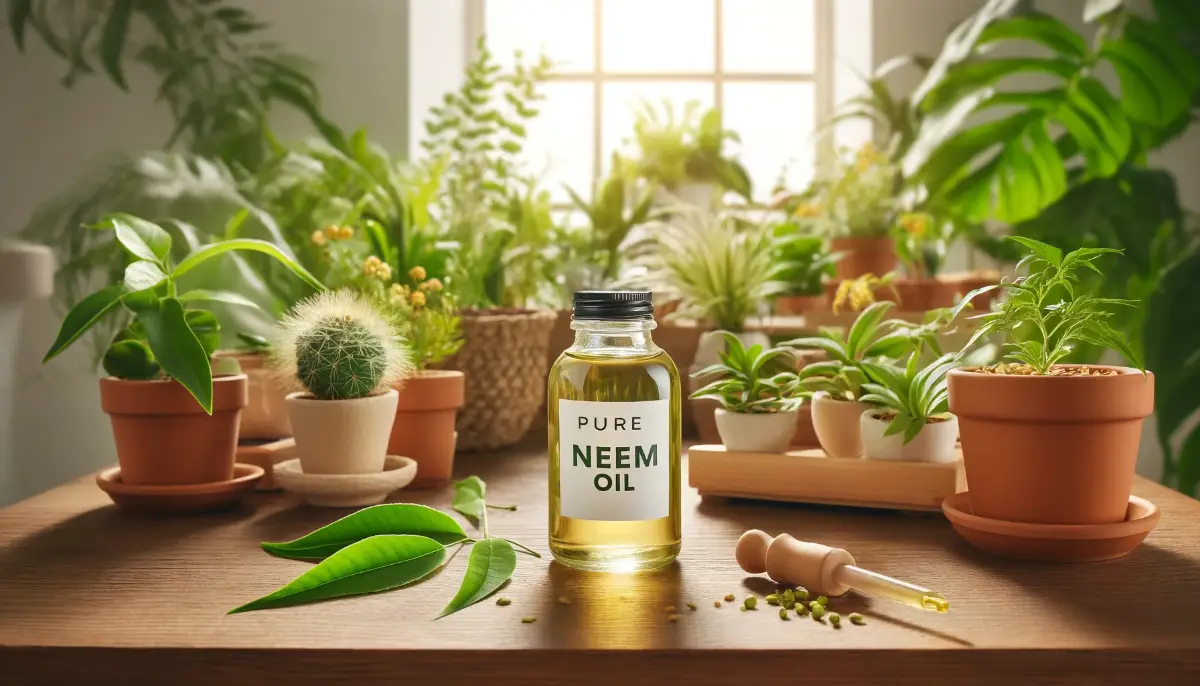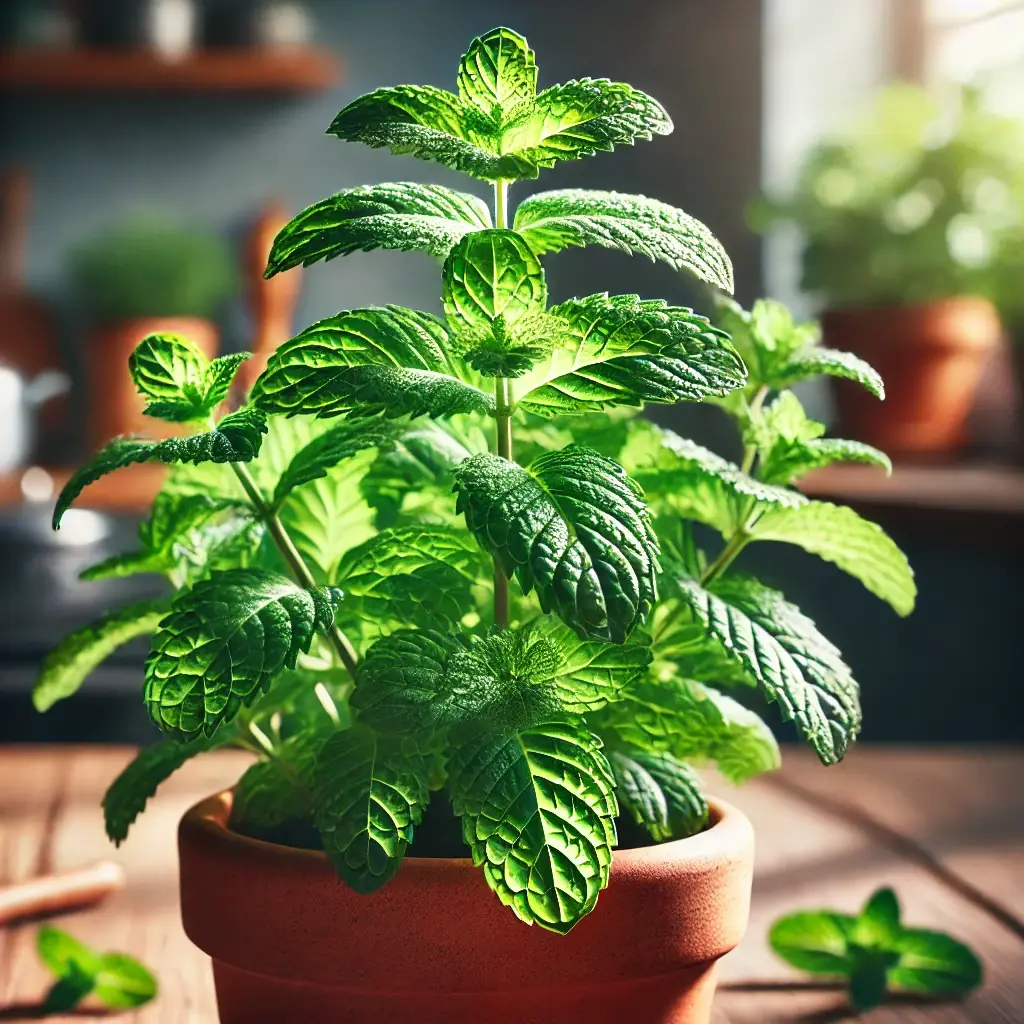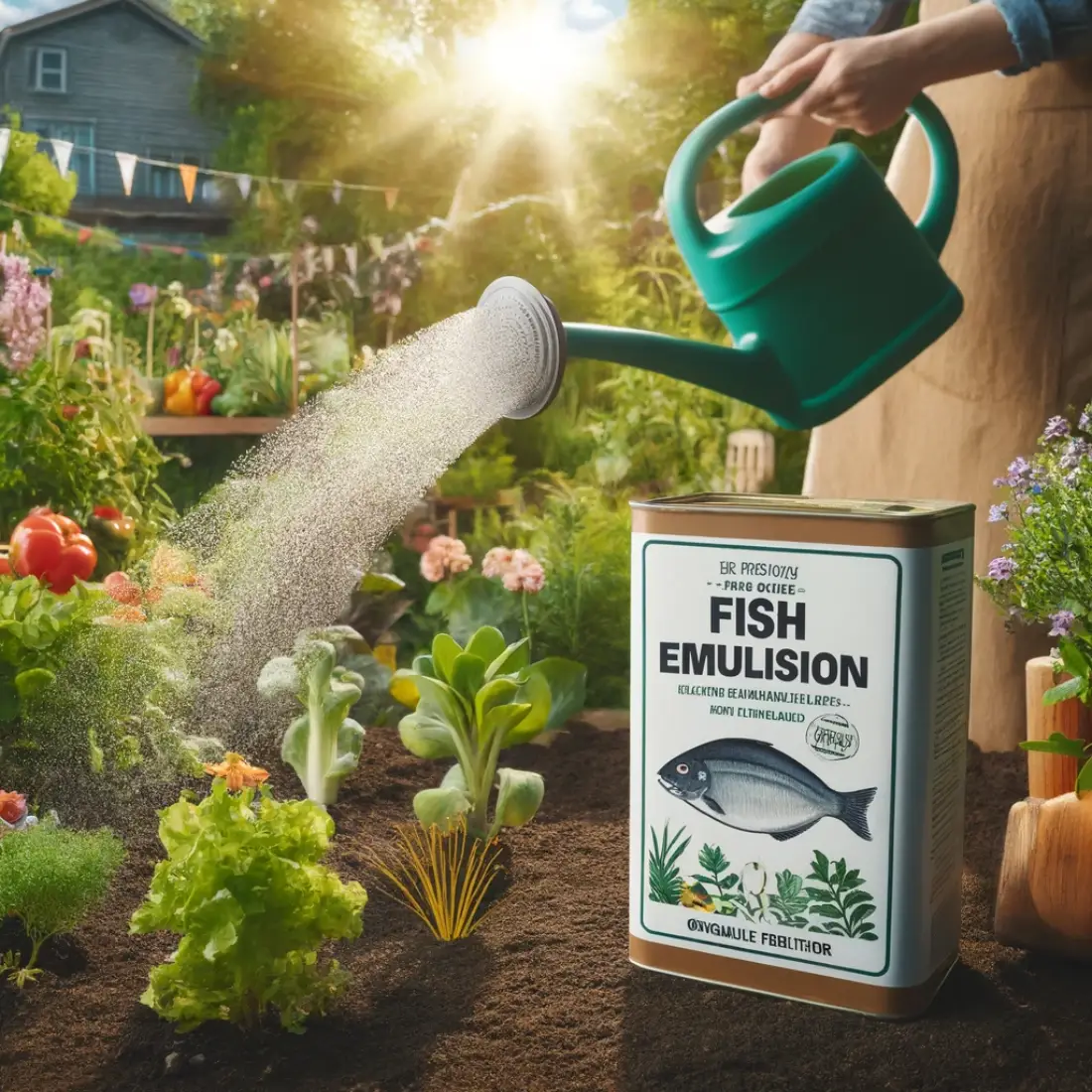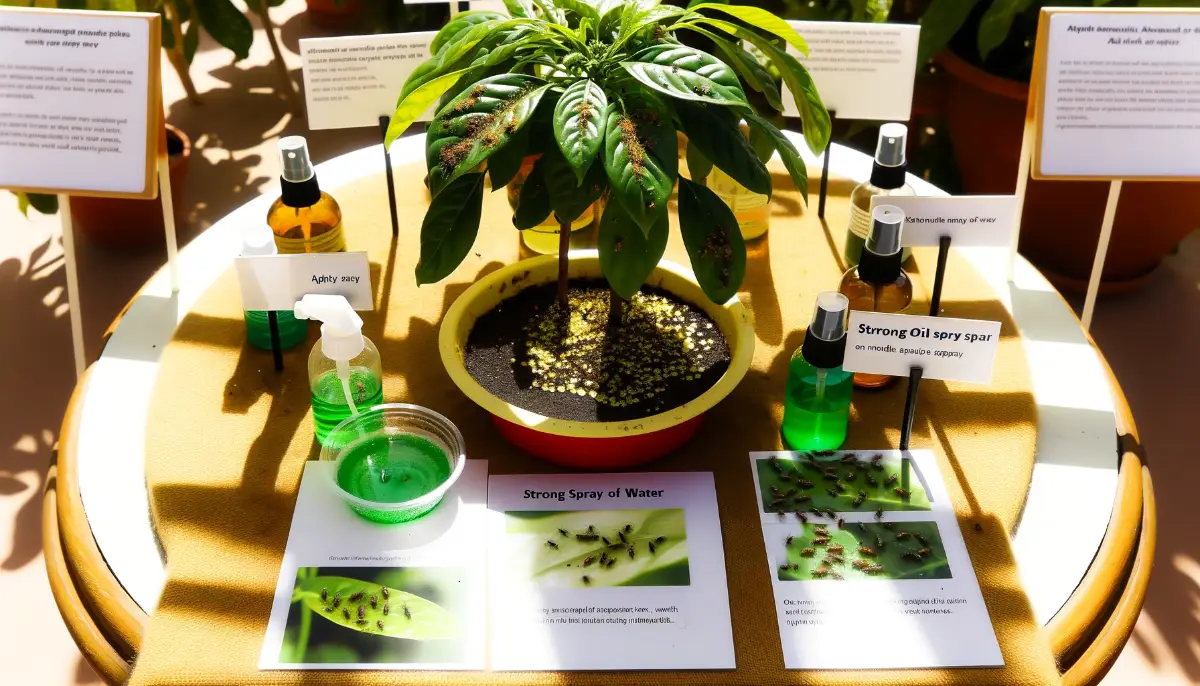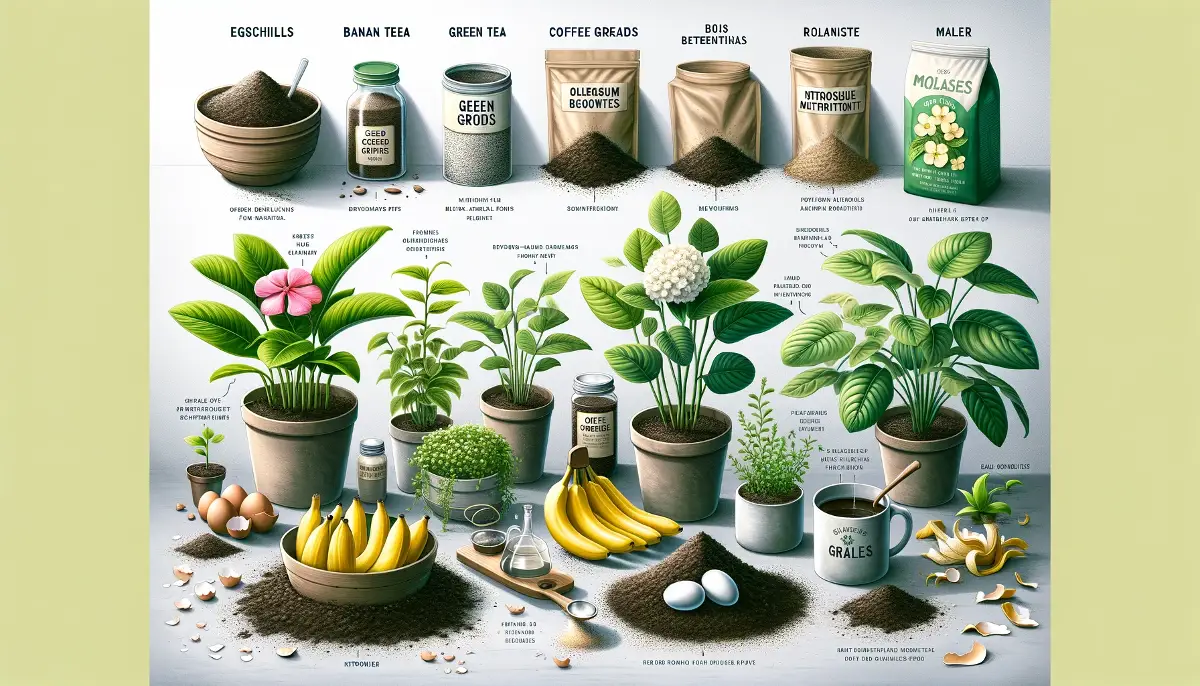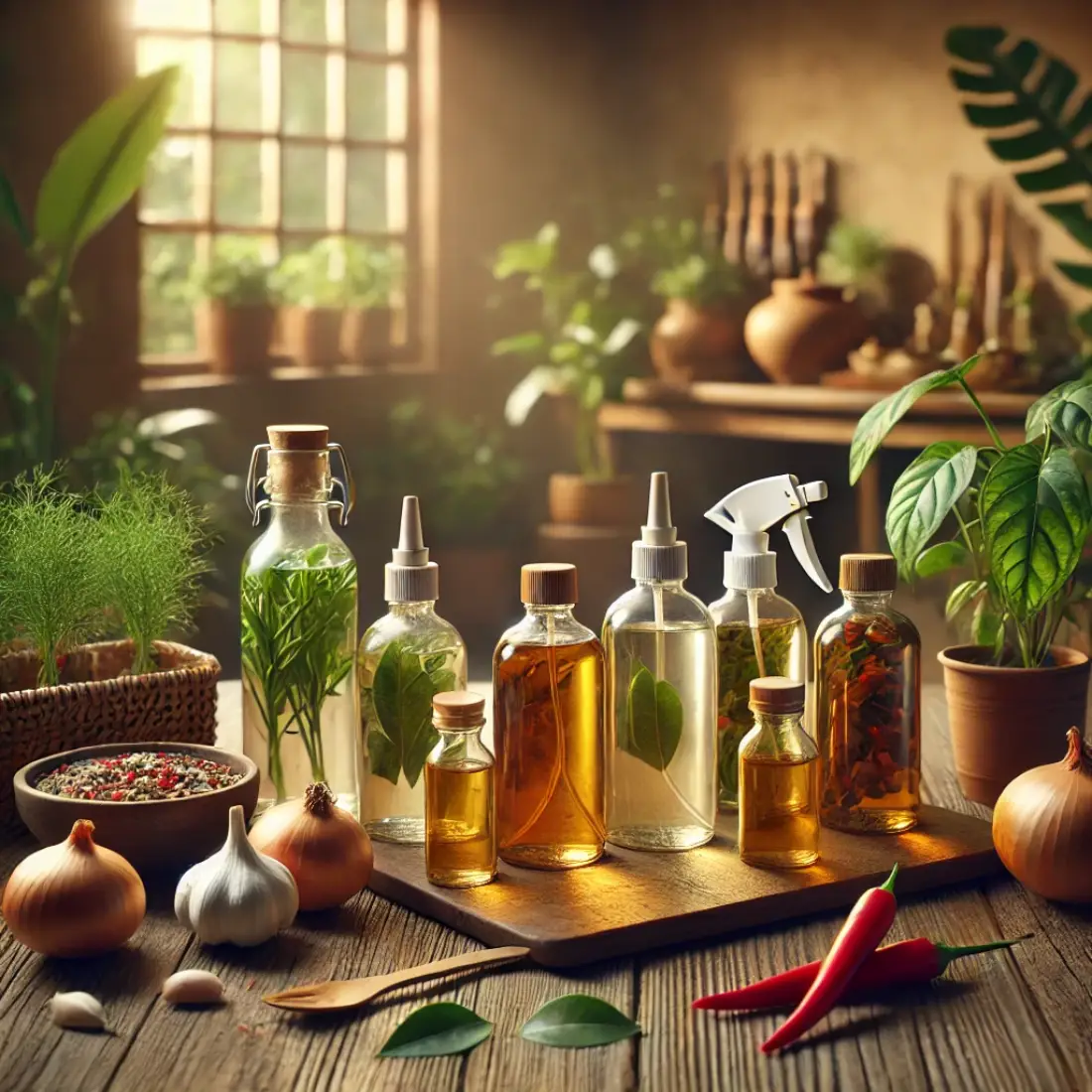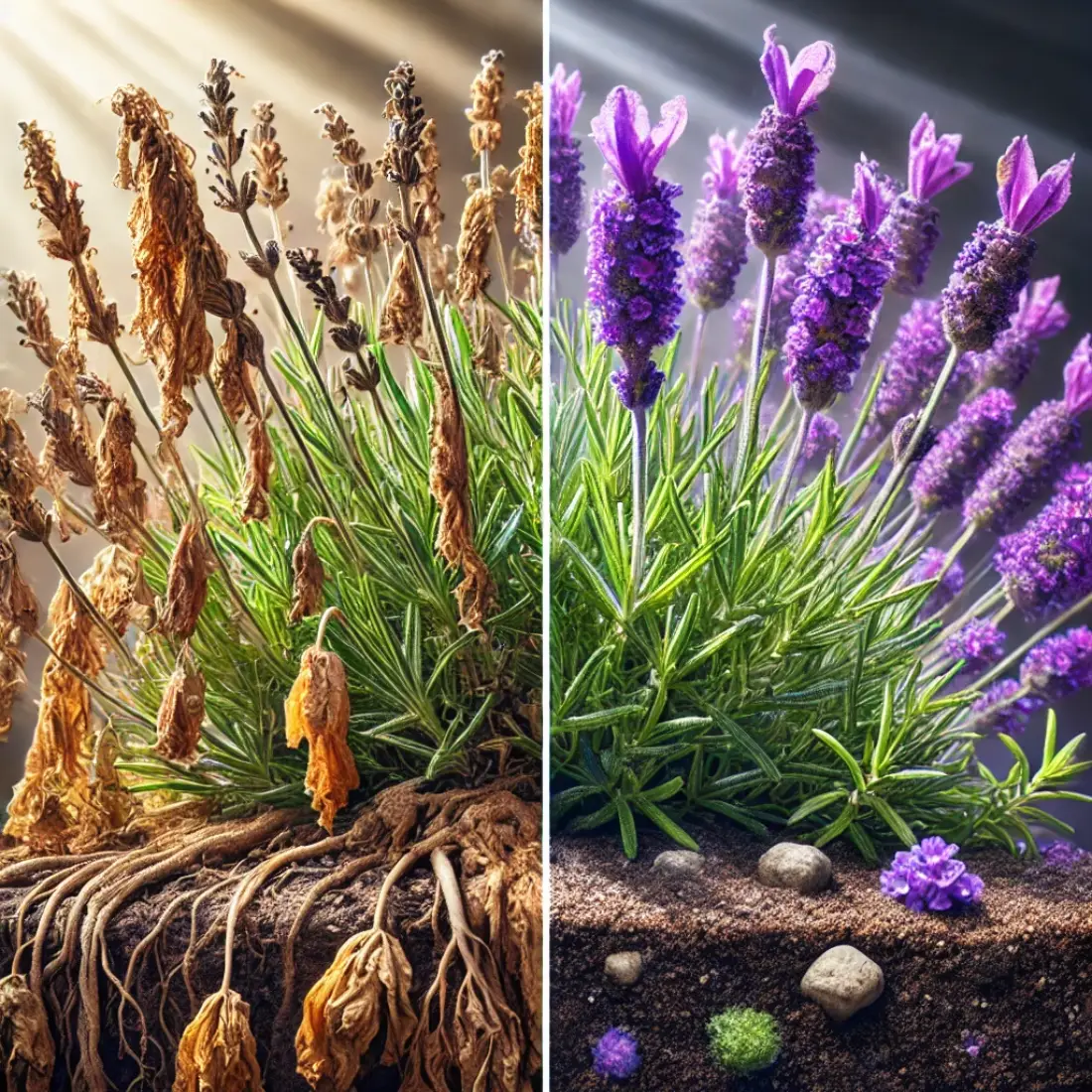Peppermint oil, derived from the peppermint plant, is a versatile and potent essential oil that has been cherished for its refreshing scent and therapeutic properties. Recently, its use in gardening has gained popularity due to its numerous benefits. From repelling pests to promoting healthy plant growth, peppermint oil offers an eco-friendly and natural alternative to chemical-based garden solutions.
Gardeners are increasingly turning to peppermint oil for its effective pest control capabilities. It acts as a natural deterrent against common garden pests like ants, aphids, and spiders, ensuring your plants remain healthy and vibrant. Additionally, peppermint oil helps prevent fungal and bacterial infections, further safeguarding your garden.
What is Peppermint Oil?
Peppermint oil is an essential oil extracted from the leaves of the peppermint plant (Mentha × piperita). This aromatic oil is known for its high concentration of menthol, which gives it a refreshing, cooling sensation. The extraction process typically involves steam distillation, where steam is passed through the peppermint leaves to capture the essential oil.
Historically, peppermint oil has been used for its medicinal properties, such as relieving headaches, digestive issues, and muscle pain. Its antiseptic and antimicrobial properties have made it a staple in natural remedies for centuries. In modern times, peppermint oil’s uses have expanded beyond health and wellness, finding applications in aromatherapy, personal care products, and, notably, gardening.
Benefits of Peppermint Oil in the Garden
Natural Pest Repellent
Peppermint oil is a powerful natural pest deterrent. Its strong scent overwhelms the olfactory senses of pests, effectively keeping them away from your garden. Common garden pests that are repelled by peppermint oil include ants, aphids, beetles, spiders, and even rodents. Unlike chemical pesticides, peppermint oil is safe for plants, pets, and humans, making it an eco-friendly choice for pest control.
Fungal and Bacterial Infection Prevention
Peppermint oil has antifungal and antibacterial properties that help protect plants from infections. It can be used to treat fungal diseases like powdery mildew and prevent bacterial infections that can harm plant health. By using peppermint oil, you can maintain a healthier garden without resorting to harsh chemicals.
Enhances Plant Growth and Vitality
Beyond pest control, peppermint oil can stimulate plant growth and improve overall plant health. Its invigorating properties can enhance nutrient absorption, leading to more robust and vibrant plants. Some gardeners use peppermint oil as a foliar spray to promote greener leaves and stronger stems, contributing to a more flourishing garden.
How to Use Peppermint Oil in the Garden
Pest Repellent Spray Recipe
Ingredients:
- 10-15 drops of peppermint oil
- 1 quart of water
- 1-2 teaspoons of a carrier oil (e.g., olive oil or coconut oil)
- Spray bottle
Instructions:
- Fill a spray bottle with 1 quart of water.
- Add 10-15 drops of peppermint oil.
- Add 1-2 teaspoons of carrier oil to help the peppermint oil mix with water.
- Shake the bottle well to combine the ingredients.
- Spray the solution directly onto plants, focusing on leaves, stems, and soil around the base of the plants. Reapply every 1-2 weeks or after heavy rain.
Antifungal Garden Spray Recipe
Ingredients:
- 10 drops of peppermint oil
- 1 quart of water
- 1 teaspoon of neem oil
- 1 teaspoon of liquid dish soap (optional)
- Spray bottle
Instructions:
- Fill a spray bottle with 1 quart of water.
- Add 10 drops of peppermint oil.
- Add 1 teaspoon of neem oil, which enhances antifungal properties.
- For better mixing, add 1 teaspoon of liquid dish soap (optional).
- Shake the bottle thoroughly.
- Spray the mixture on affected plants, covering both tops and undersides of leaves. Apply every 7-10 days or at the first sign of fungal infections.
DIY Peppermint Oil Weed Control Spray Recipe
Ingredients:
- 20 drops of peppermint oil
- 1 quart of water
- 1-2 tablespoons of white vinegar (optional)
- Spray bottle
Instructions:
- Fill a spray bottle with 1 quart of water.
- Add 20 drops of peppermint oil.
- For enhanced weed control, add 1-2 tablespoons of white vinegar to the mixture. The vinegar helps break down the cell structure of the weeds, making them more susceptible to the peppermint oil.
- Shake the bottle well to mix the ingredients thoroughly.
- Spray the solution directly onto the weeds, ensuring full coverage, especially on the leaves and stems.
Application Tips
- Targeted Application: Focus the spray on the weeds, avoiding desirable plants to prevent any potential adverse effects.
- Optimal Timing: Apply the peppermint oil solution during sunny, dry weather. The heat helps activate the oil and vinegar, increasing their effectiveness against weeds.
- Repeat Treatments: For persistent weeds, repeat the application every week until the weeds are under control.
Soil Drench Mixture
Ingredients:
- 10-15 drops of peppermint oil
- 1 gallon of water
- Watering can or garden sprayer
Instructions:
- Fill a watering can or garden sprayer with 1 gallon of water.
- Add 10-15 drops of peppermint oil.
- Stir the mixture well to ensure the peppermint oil is evenly distributed.
- Pour or spray the solution around the base of plants, focusing on the root zone.
- Repeat the application once a month to promote healthy root development and deter soil-dwelling pests.
Usage Tips
- Always test a small area of your plants with any new mixture to ensure there are no adverse reactions.
- For best results, apply peppermint oil solutions in the early morning or late evening when temperatures are cooler.
- Store your peppermint oil mixtures in a cool, dark place to maintain their potency.
Safety and Precautions
Dilution Guidelines
Peppermint oil is highly concentrated and should always be diluted before use to avoid damaging plants. A typical dilution ratio is 10-15 drops of peppermint oil per quart of water.
Safe Handling and Storage
Handle peppermint oil with care. Store it in a cool, dark place away from direct sunlight to maintain its potency. Always label your peppermint oil spray to avoid accidental misuse.
Potential Risks and How to Mitigate Them
While peppermint oil is generally safe, it can cause skin irritation if not properly diluted. Wear gloves when handling peppermint oil, and avoid direct contact with your skin and eyes. If using peppermint oil indoors, ensure proper ventilation to avoid inhaling concentrated vapors.
Peppermint Oil for Pest Control
Peppermint oil is a powerful and natural solution for pest control in the garden. Its strong, minty aroma is highly effective at deterring a wide range of common garden pests without the need for harmful chemicals. Here’s how peppermint oil can help keep your garden pest-free:
Detailed Pest Control Methods
Ants: Ants are repelled by the strong scent of peppermint oil. To deter ants, spray a peppermint oil solution directly onto ant trails and entry points. For added protection, soak cotton balls in peppermint oil and place them around the garden where ants are frequently seen.
Aphids: Aphids can wreak havoc on plants by sucking the sap from leaves and stems. A peppermint oil spray can effectively keep aphids at bay. Spray the solution on affected plants, ensuring thorough coverage of both the tops and undersides of leaves.
Beetles: Beetles can cause significant damage to foliage and crops. Peppermint oil disrupts their ability to feed and breed. Apply the spray directly to plants and the surrounding soil to repel beetles and prevent infestations.
Spiders: Spiders dislike the strong smell of peppermint oil. To keep them out of your garden, spray peppermint oil around the perimeter and on any webs you come across. This will encourage spiders to relocate away from your plants.
Comparing with Chemical Pesticides
Peppermint oil offers a safer, eco-friendly alternative to chemical pesticides. Unlike synthetic chemicals, peppermint oil does not pose risks to beneficial insects, pets, or humans. It breaks down quickly in the environment, reducing the risk of long-term soil contamination. Additionally, peppermint oil is non-toxic and biodegradable, making it a sustainable choice for conscientious gardeners.
Enhancing Plant Health with Peppermint Oil
Peppermint oil is not only an effective pest control solution but also a powerful enhancer of plant health. Its invigorating properties can stimulate growth, improve nutrient absorption, and strengthen plants, leading to a more vibrant and productive garden.
Growth Stimulation Techniques
Foliar Sprays: Applying peppermint oil as a foliar spray can significantly boost plant vitality. The menthol in peppermint oil promotes better nutrient uptake, leading to healthier leaves and stronger stems.
To create a foliar spray, mix 10-15 drops of peppermint oil with one quart of water and a teaspoon of carrier oil. Spray the mixture on the leaves, ensuring both the tops and undersides are covered. Regular application every two weeks can result in noticeable improvements in plant health.
Soil Treatments: Peppermint oil can also be used to enhance soil health. When applied to the soil, it helps improve the root zone environment, promoting better root development and nutrient absorption. To create a soil treatment, mix 10-15 drops of peppermint oil with one gallon of water. Water the plants with this solution once a month to boost their growth and resilience.
FAQs About Peppermint Oil
Can peppermint oil harm my plants?
When used correctly and diluted properly, peppermint oil is safe for plants. Overuse or applying undiluted oil can cause leaf burn and damage. Always follow recommended dilution guidelines to avoid harm.
How often should I apply peppermint oil in my garden?
For pest control, apply peppermint oil every 1-2 weeks or after heavy rain. For weed control or growth enhancement, use it once a month. Adjust frequency based on specific garden needs and pest pressure.
Can peppermint oil be used on all types of plants?
Generally, peppermint oil is safe for most plants. However, it’s best to test a small area of a plant before widespread application to ensure there are no adverse reactions, especially on delicate or young plants.
What pests does peppermint oil repel?
Peppermint oil effectively repels ants, aphids, beetles, spiders, and other common garden pests. Its strong scent overwhelms their senses, keeping them away from treated areas.
Can peppermint oil prevent fungal infections in plants?
Yes, peppermint oil has antifungal properties that can help prevent and treat fungal infections such as powdery mildew. Regular application can keep fungal issues under control.
Is peppermint oil effective for weed control?
Peppermint oil can be used as an organic weed control solution. When combined with vinegar, it helps inhibit weed growth by breaking down the weed’s cell structure. Regular application is necessary for best results.
How do I prepare a peppermint oil spray for my garden?
Mix 10-15 drops of peppermint oil with 1 quart of water and 1-2 teaspoons of a carrier oil (like olive oil). Shake well and spray on plants, focusing on leaves and stems.
Are there any safety precautions to consider when using peppermint oil?
Yes, always dilute peppermint oil before use. Wear gloves to avoid skin irritation, and keep the oil away from eyes. Store peppermint oil in a cool, dark place, and label your mixtures to prevent accidental misuse.
Can peppermint oil be used in indoor gardening?
Yes, peppermint oil can be used indoors to control pests and enhance plant health. Ensure proper ventilation when applying the oil to avoid inhaling strong vapors, and use it sparingly to avoid overwhelming indoor plants.
Does peppermint oil have any benefits for plant growth?
Peppermint oil can stimulate plant growth by enhancing nutrient absorption and improving overall plant health. Foliar sprays and soil treatments with peppermint oil can result in greener leaves, stronger stems, and more vigorous growth.

